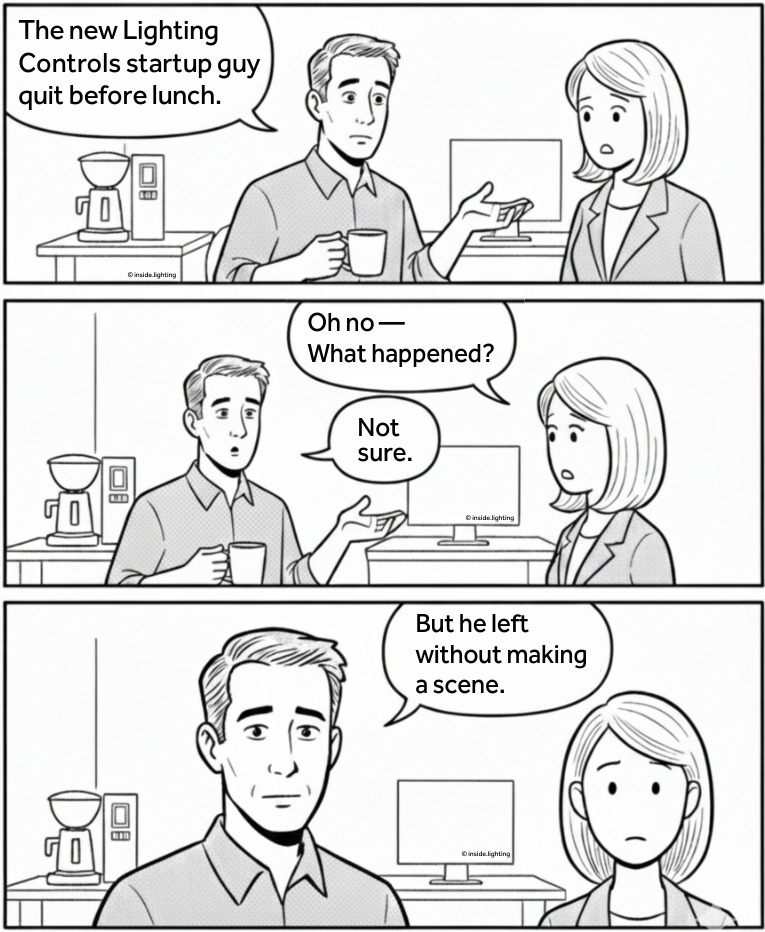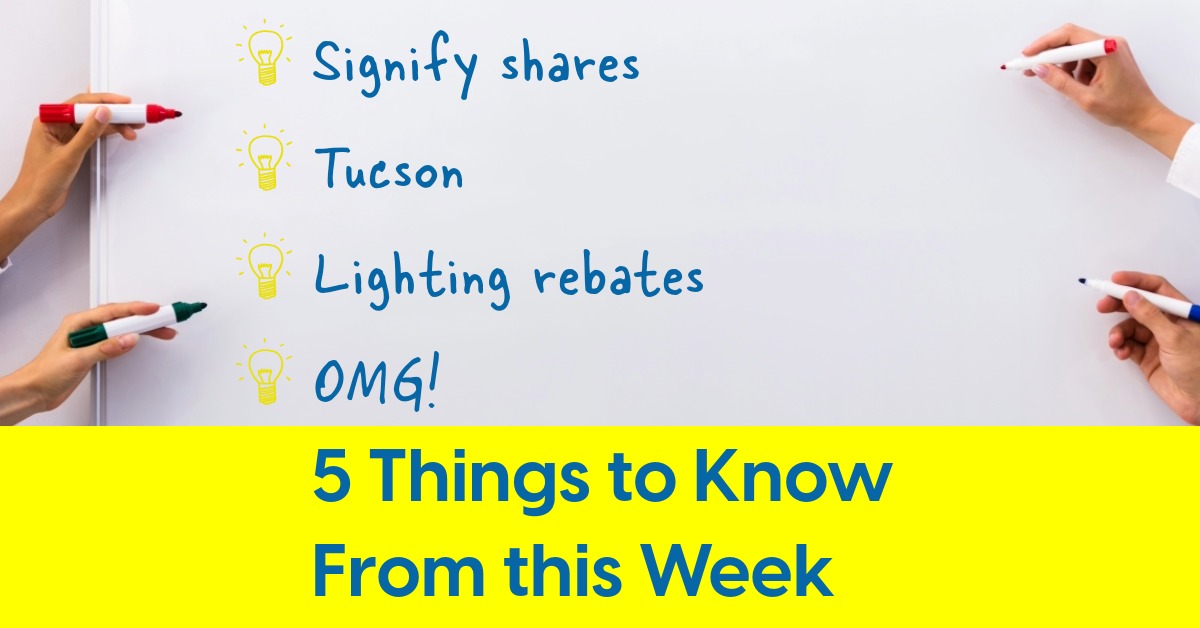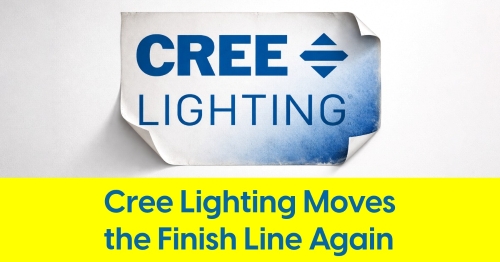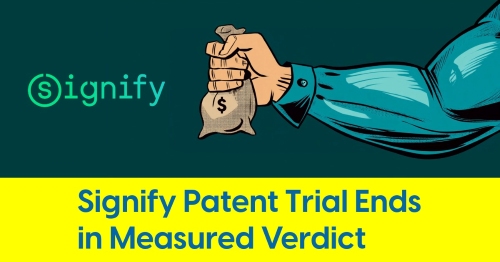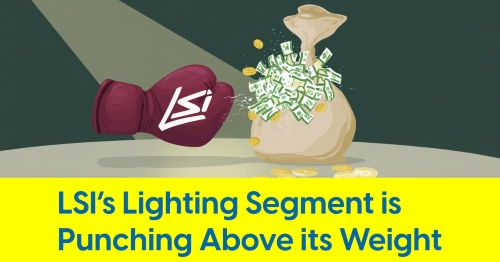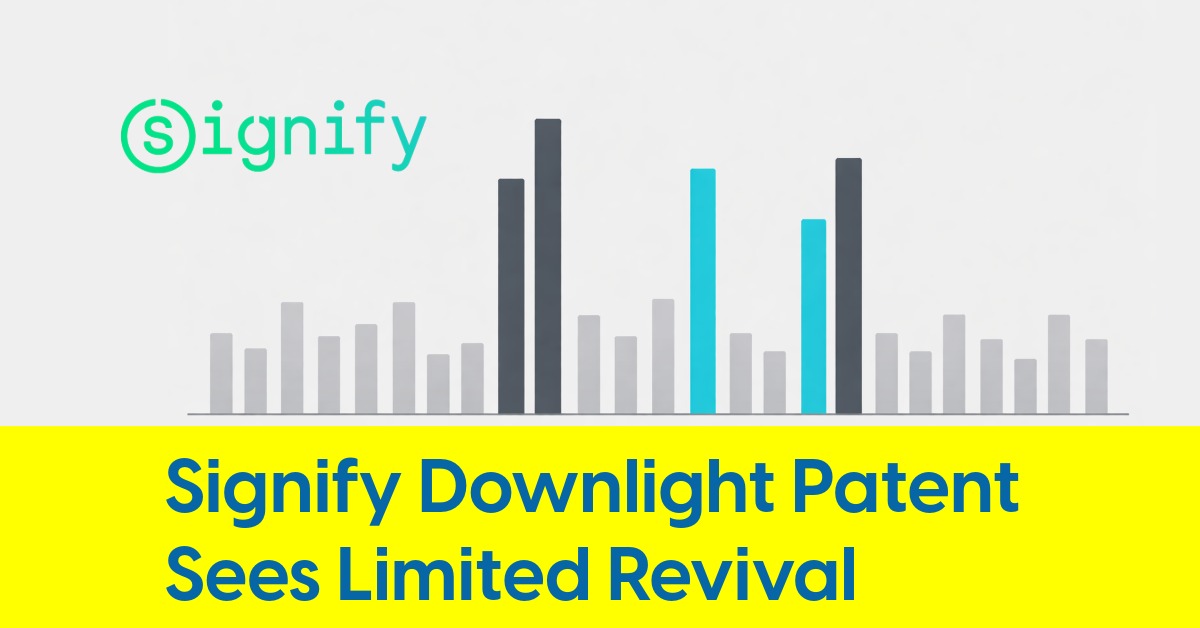July 18, 2023
The Growing List of State-Wide Fluorescent Bans
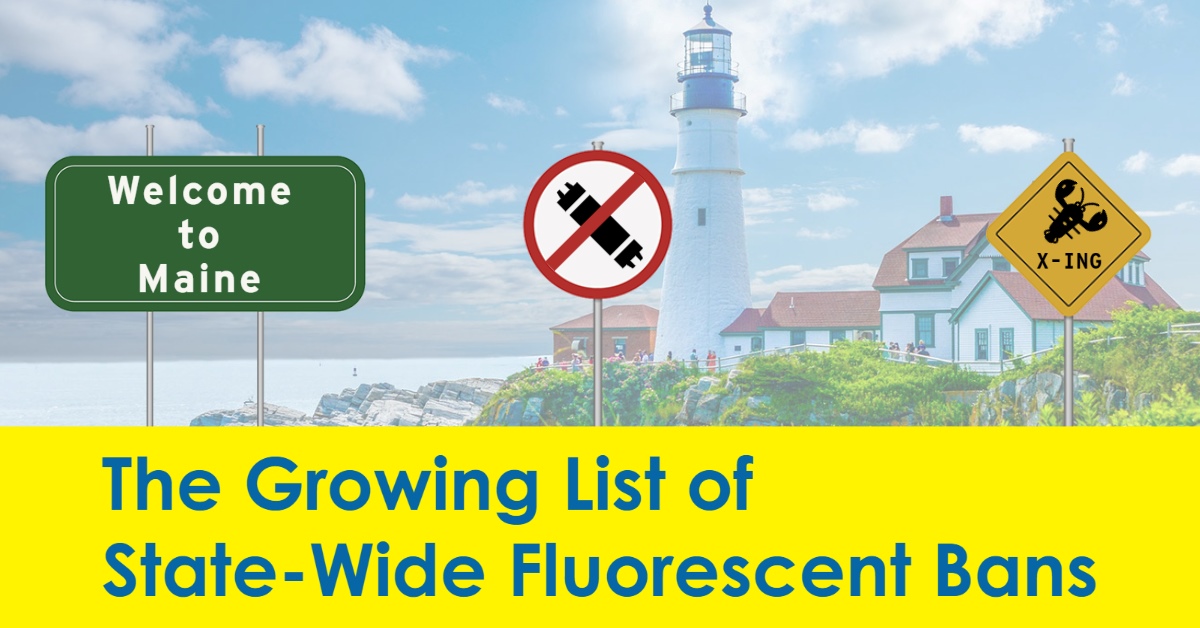
Maine becomes the sixth state to pass legislation against common fluorescent light sources
Maine is set to become (by our count) the sixth US state to implement a ban on most fluorescent lamps, following the path set by Vermont, California, Colorado, Hawaii and Rhode Island. The law, titled "An Act to Reduce Mercury in the Environment by Phasing Out Certain Fluorescent Light Bulbs," will become effective on January 1, 2026.
Just like statewide bans in other states, Maine's legislation concentrates on the environmental impact of hazardous mercury to prohibit the future use of fluorescent sources.
The ban targets two types of mercury-containing lamps: compact fluorescent mercury-added lamps and linear fluorescent mercury-added lamps. These lighting sources, which transform ultraviolet energy generated by the mercury discharge into visible light, are recognized for their negative environmental impact due to the mercury content. The specific light emission properties of these lamps are defined within the range of the International Commission on Illumination (CIE) Uniform Color Space (CAM02-UCS).
The ban, however, exempts certain lamps designed for specific uses. Mercury-added lamps designed exclusively for image capture and projection, such as photocopying, printing, film or video projection, and holography, fall under this category. Additionally, lamps emitting a high proportion of ultraviolet light for germicidal use or other specialized applications, including disinfection, fly trapping, ozone generation, coral zooxanthellae symbiosis and other specialty applications are also exempt.
While the Maine Department of Environmental Protection can investigate complaints and enforce the law, it is not required to conduct compliance inspections, outreach, or education activities related to the prohibition.
Other states have taken action against fluorescent sources:
Vermont has imposed restrictions on the sale of mercury-containing lightbulbs, considering their high toxicity. Effective from February 17, 2023, the sale of screw-based, compact fluorescent lightbulbs (CFLs) has been prohibited. This restriction has been expanded from January 1, 2024, to include general-purpose GU-24 twist-lock based CFLs and four-foot general-purpose, low-pressure, mercury-containing linear fluorescent lamps (tubes). These measures apply only to general purpose, screw-based, mercury-containing bulbs, with the prohibition extending to their distribution to retailers for subsequent sale within the state.
California has passed Assembly Bill 2208, phasing out compact fluorescent lamps (CFLs) and linear fluorescent lamps up to 8 feet long starting 2024. The bill is expected to bring substantial reductions in carbon and toxic pollution, with projections of $1 billion annual savings on electricity bills and a decrease in CO2 emissions by 950,000 metric tons per year by 2030. The state is the second to ban fluorescent lamps following Vermont, but extends the prohibition to larger lamps.
Colorado is gearing up to become the third U.S. state to outlaw compact and linear fluorescent lamps, with the phase-out slated to start in 2025. Governor Jared Polis is expected to sign the bill into law soon, making Colorado the third state to ban fluorescent light bulbs after California and Vermont. The bill, HB23-1161, sponsored by State Representatives Kipp and Willford and Senators Cutter and Winter, lays out a detailed plan for enforcing the ban, including mechanisms for verification of compliance by major retailers and distributors.
Hawaii is moving to ban the sale and distribution of certain types of fluorescent lamps. Beginning Jan. 1, 2025, it will be illegal to sell or distribute compact fluorescent lamps with a screw or bayonet base. The ban will be extended to pin-based compact and linear fluorescent lamps starting Jan. 1, 2026. Exemptions apply for lamps used in image capture and projection, and those with a high proportion of ultraviolet light emission.
Rhode Island is preparing to ban the sale of compact and linear fluorescent lamps due to the mercury content and potential health risks. The legislation, to take effect starting January 1, 2024, defines the features of both compact and linear fluorescent lamps. On and after January 1, 2025, the law will prohibit offering for final sale or distributing in the state as a new product, a pin-base type compact fluorescent lamp or a linear fluorescent lamp. This follows the recognition that LED replacements for these lamps are widely available and more environmentally friendly.
Lawmakers in Illinois, Maryland, Massachusetts, Nevada, New Mexico, Oregon and Washington state are also expected to introduce bans of certain fluorescent light sources according to the nonprofit Environment America.
